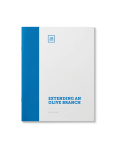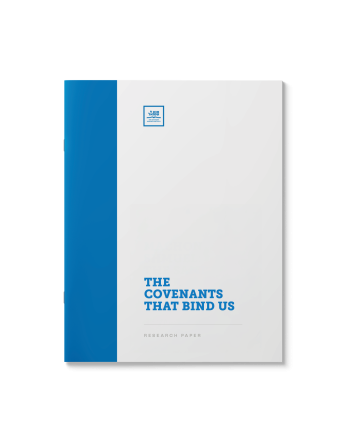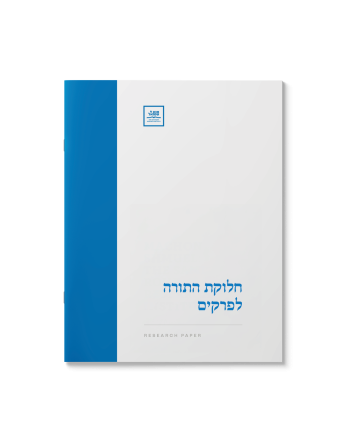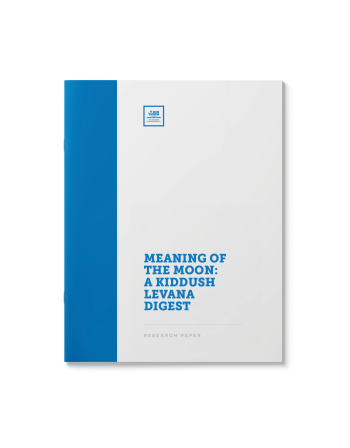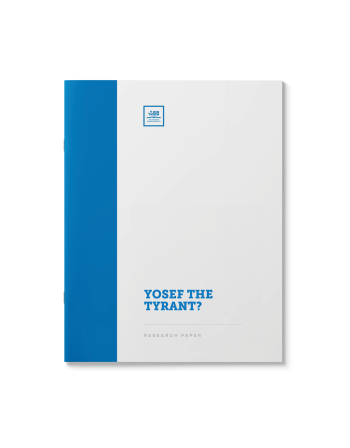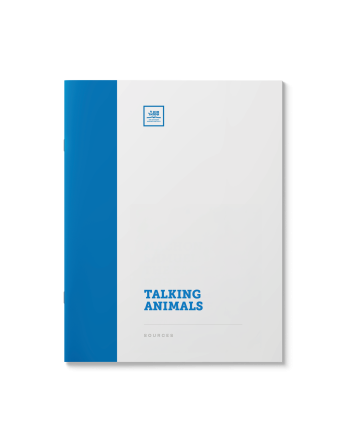Extending an Olive Branch (Sources)
$39.00
Having survived the Great Flood, Noach was comforted by the sight of the dove clutching an olive leaf, the proverbial sign of peace.
What is unique about the olive leaf? What was the message it conveyed to Noach? What relevant lesson can be gleaned from this incident?
| Language | English |
|---|---|
| Paper Type | Research Paper |
| Pages | 24 |
Related Products
There are many covenants between G-d and the Jewish people described in the Torah, such as the covenants with Avraham, before Matan Torah, before entering Eretz Israel, as well as many others. What is the significance of each covenant according to the traditional and mystical meanings?
The Biblical account of the destruction of Sedom raises many
questions. Amongst them: Why does the Torah imply that the angels defied G-d’s wishes by acting independently? Did Lot in fact direct his prayers to the angels? Was
his defense of the inhabitants of Tzoar that much better than Avraham’s
arguments to spare Sedom?
If Avraham was specifically
instructed to refrain from marrying a maidservant, how was he permitted to
marry Hagar? How could Avraham marry Hagar if Jews may not marry a first or second-generation
Egyptian convert? Was Hagar betrothed through a form of kiddushin or was
she considered a concubine? Was the marriage of Avraham and Hagar divinely
ordained?
Jews have always cherished the land of Israel, and yearned to be buried there upon their passing. They also seek to have their grave marked honorably, so as to enable loved ones to visit and pray. Yet Moshe Rabbeinu merited none of these, buried in “the Valley of Moab,” where “no person knows the place of his burial unto this day”.
Why was he assigned this fate? Does this somehow reflect his life’s unparalleled accomplishments?
(Hebrew)
The Torah’s account of the feud of Korach raises many questions. By saying, “I shall consume them in an instant” G-d seems to appear vengeful. Why was it necessary to demonstrate such staggering might? Why was it specifically the Ketores that was used to stem the spread of the plague after the demise of Korach?
Yonah. A prophet, a man of G-d – and a man who ran away from his duty. Yonah is one of the most famous and enigmatic prophets in Jewish history. Discover how Yonah’s actions are viewed from the Torah’s perspective and examine why his deeds were recorded for posterity.
Why
is Yosef referred to as HaTzadik? Didn’t he slander his brothers? A
new look at the saga of sibling rivalry and forgiveness.
The circumstances surrounding the birth of King David remain obscure. Legend has it that Nitzeves endured great personal sacrifice in mothering the Sweet Singer of Israel. How is this chapter in King David’s life understood through the lenses of Torah scholarship?
How could a father be so willing to kill his son? Did Avraham fail to ask for divine mercy for Yitschak? And why is Avraham, not Yitschak, the celebrated hero of Akeidat Yitschak?
Handling economic depressions is one of the duties of modern government. Yet when the Egyptians begged for food during the famine, Yosef enslaved them as payment. Wasn’t it his responsibility to provide food? Why did the Egyptians beg for food instead of demanding their due right?
Man was set apart from the animal kingdom by his ability to speak. How were Chava and Bilam able to converse with the snake or donkey? Were these conversations real?
A factual review of our forefather’s wedding and marriage arrangements. How
old was Ya’akov when he got married? How old were Bilhah and Zilpah? Were Rochel and
Leah twins? Why did Ya’akov work for seven years for each of them?


